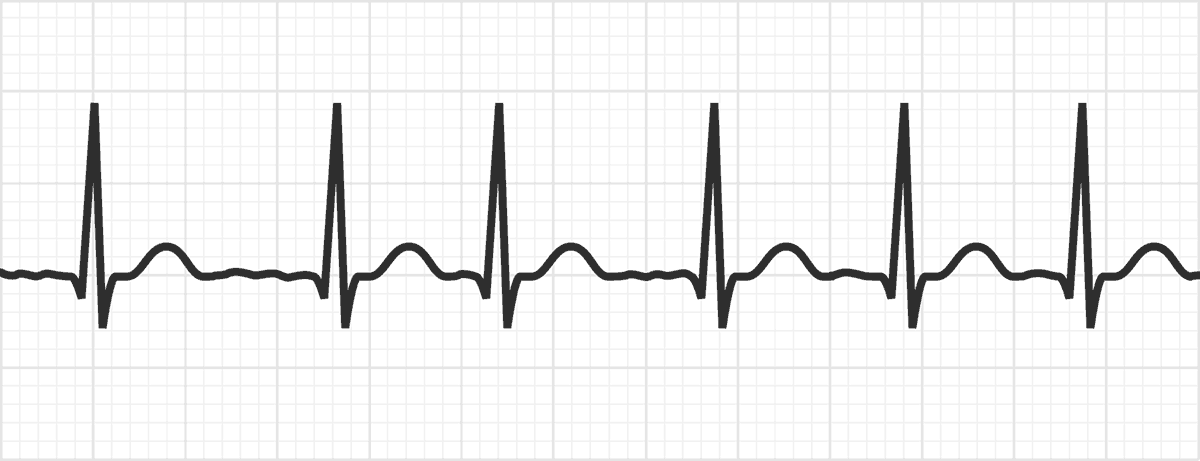Study reveals Atrial fibrillation strikes with alarming numbers
Atrial Fibrillation (Afib) known as the "silent killer," quietly emerges without clear warning signs, confront increased dangers of heart failure and stroke

A new study has discovered that a serious heart condition, referred to as the ‘silent killer,’ is posing a greater threat to a much larger group of people than previously understood. Breaking from prior assumptions, a recent revelation indicates that a substantial segment of the population is dealing with a serious heart condition, prompting concern among health professionals.
Atrial Fibrillation (Afib) known as the “silent killer,” quietly emerges without clear warning signs, adding to its elusive nature. Afib is a form of irregular heartbeat,unlike a normal heartbeat where the heart’s four chambers function rhythmically, AFib causes chaotic electrical signals that make the upper chambers (atria) quiver rapidly and irregularly, with contractions exceeding 300 beats per minute, thus earning its name.
Danish researchers at Aalborg University in Denmark delved into the health histories and examined information from over 3.5 million individuals aged 45 and above who had no prior experience with the condition. During their analysis, researchers also researched data spanning two decades: from 2000 to 2010 and from 2011 to 2022.
The findings revealed that the lifetime risk of atrial fibrillation surged to 31% between 2011 and 2022, compared to 24% in the preceding decade.Researchers discovered that as many as 2 out of 5 atrial fibrillation patients face the risk of heart failure, and one out of five may experience a stroke.
The study noted a “slightly” higher risk among men when juxtaposed with women, as per the researchers’ observations.
While the precise origins of atrial fibrillation remain a mystery, it is frequently observed in individuals with hypertension and obesity, shedding light on potential risk factors. The study highlights that individuals with AFib confront increased dangers of heart failure and stroke. Nearly two in five AFib patients are susceptible to heart failure, with one in five facing the risk of stroke.
AFib poses a unique challenge as it is very hard to detect. Unlike conditions with evident symptoms, AFib may go unnoticed without specialized tests like an electrocardiogram (ECG) or a Holter monitor. This stealthy nature leads to many AFib cases remaining undiagnosed until complications emerge.
You can reduce the risk of developing A-fib by preventing coronary artery disease or high blood pressure. This involves avoiding smoking, adopting a heart-healthy diet rich in plant-based foods and low in saturated fats, staying physically active, and maintaining a healthy weight according to your body-mass index. Successfully managing AFib typically entails a blend of lifestyle adjustments, medications, and occasionally interventions aimed at restoring a regular heart rhythm.Moreover, doctors may recommend blood-thinning medications to lower the chances of blood clots and stroke linked with AFib.
You might also be interested in – Bad breath could be early indicator of heart disease; learn how to reduce the riskhttps://www.thetatva.in/health/how-coronary-heart-disease/30829/


